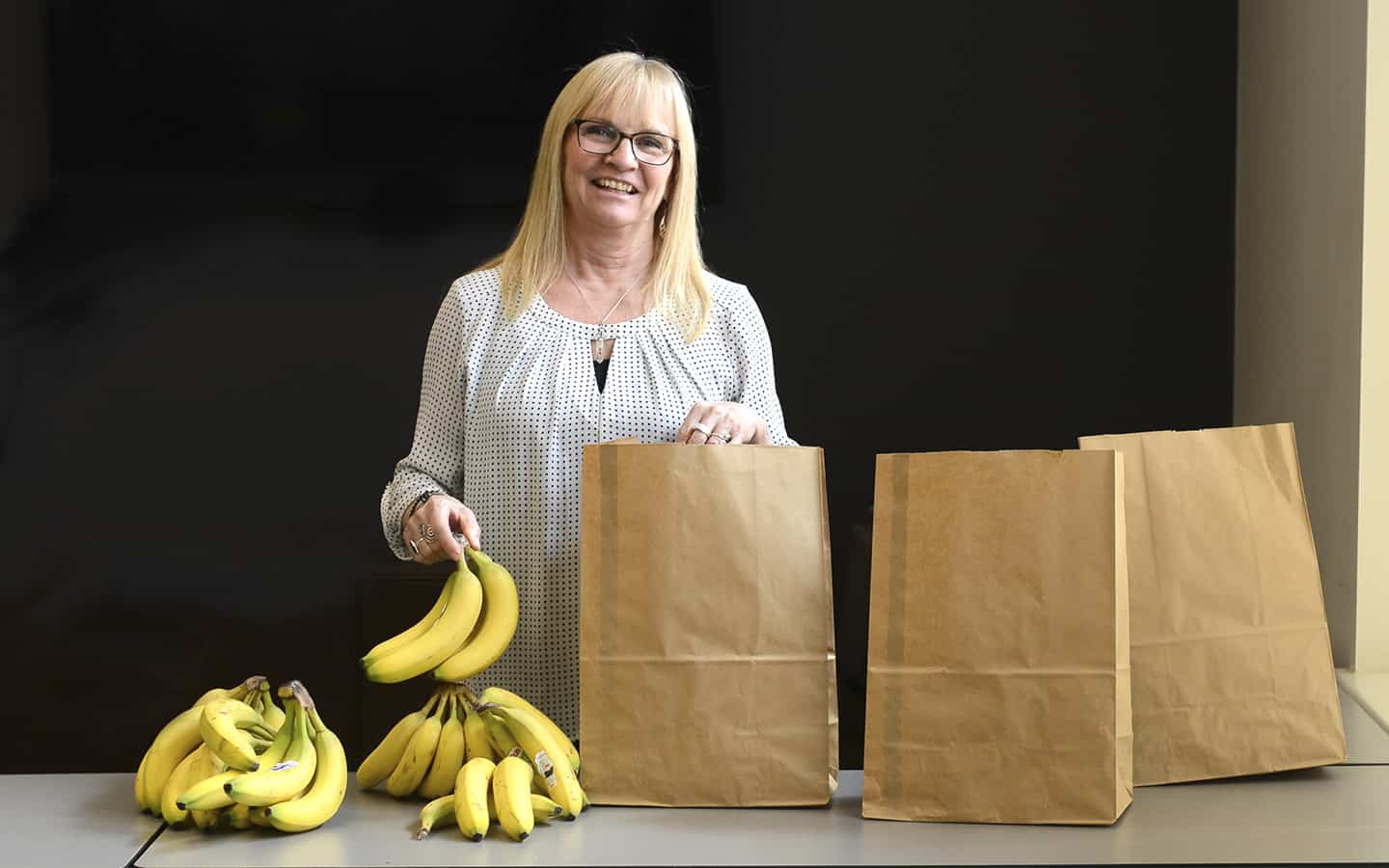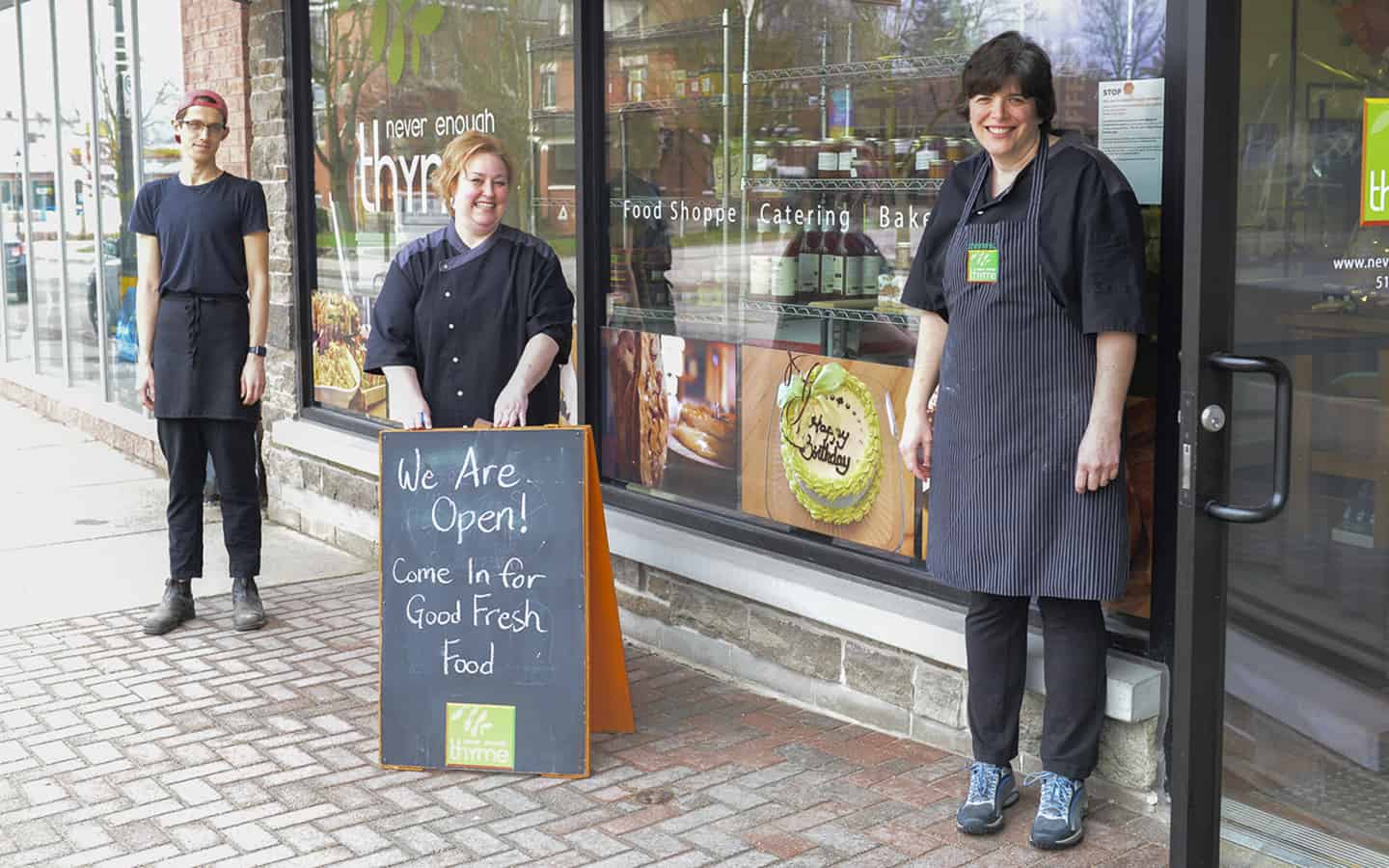Three deaths in a single day this week brought the toll to seven in Waterloo Region, which had recorded 220 cases of COVID-19 as of Wednesday.
The deaths Tuesday were two women and a man over the age of 70 who all had underlying health issues, the Public Health department reported.

“As we are still in the early phases of the pandemic, we have and will continue to see for some time, daily increases in the number of cases. And sadly, we continue to see more deaths as a result of COVID-19,” said Dr. Hsiu-Li Wang, acting medical officer of health, in a video conference Wednesday morning.
Thirty of those infected are currently in hospital. Fifty-five people are self-isolating at home. Sixty-four cases have been resolved (29 per cent), while that status of 64 more cases was still pending.
Among those infected are 64 health-care workers, and the region is monitoring instances in six long-term care facilities and retirement homes, where there have been nine cases reported.
Some 59 per cent of cases in the region involve women, with 40 per cent of those afflicted being men. People in their 50s make up 25 per cent of the cases, followed by those in their 40s at 18 per cent. The next highest group is those in their 20s (15 per cent), followed by those 80-plus (12 per cent), 30s (10 per cent), 70s (nine per cent) and 60s (eight per cent). Those under the age of 20 make up two per cent of cases.
With a constant rise in cases, health officials are working on measures to keep people from developing and spreading further symptoms when seeking assessment .
“The ministry is working on a strategy for expanded testing,” explained Wang, adding that ‘We should be able to obtain more testing kits to implement more testing.”
Part of this plan includes a recent announcement of two referral-only centres being opened in the region.
“These are not testing facilities – the people that are being tested are the prioritized groups, and they are continuing to being tested through the hospital associated clinics,” said Wang, noting the new centres serve a different purpose.
“These community assessment centres enable people that have been assessed in primary care by a practitioner (a family doctor or by a walk-in clinic) [to be assessed] virtually.”
For those in the townships, the closest assessment centre is the Westmount Walk-in Clinic in Waterloo.
With a long weekend on the horizon, Wang called on residents to continue to stay home and celebrate the holiday with direct family only, noting the stay-at-home edict still applies even under biblical holiday celebrations.
“I’m asking all our residents who celebrate Easter. Please only celebrate with members of your immediate family, those who are living in your household. And please check in virtually with other members of your family.”
While noting it might be difficult to pass on traditional holiday celebrations, she said everyone needs to help in the effort to flatten the curve of the virus’ spread.
In that vein, Mike Murray, the region’s chief administrative officer, stressed officials are now actively enforcing regulations such as limiting gatherings to no more than five people.
“We are taking this seriously and we want the whole community to as well,” he said. “We will be actively out and about enforcing all of the guidelines and regulations (pertaining to COVID-19).”
That includes an increase in police and bylaw enforcement presence over the long weekend. Enforcement will be ready to ensure social distancing will be maintained throughout the holiday, he said.
Public Health has not projected a peak time for COVID-19. Wang said, however, that measures are being made and projections are being calculated. Daily updates are available on the Region of Waterloo Public Health’s website.
Wellington-Dufferin-Guelph Public Health reports 113 confirmed cases in its catchment area, and there has been just one fatality. Fifteen cases have been resolved, with seven patients in hospital, five in intensive care.
As of Wednesday, the Ministry of Health was reporting 5,276 cases of the novel coronavirus in Ontario, with 174 deaths attributed to the virus, representing a mortality rate of 3.3 per cent. The ministry reports 2.074 cases (39.3 per cent) have been resolved.
The latest numbers from Health Canada show 18,433 confirmed cases of COVID-19 nationwide, with 401 related deaths.









